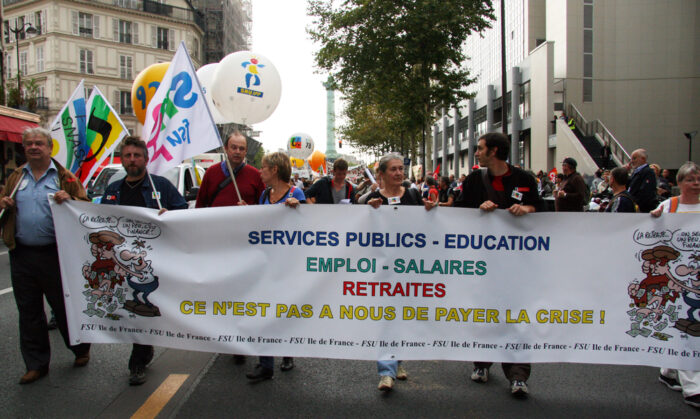The very widespread movement of discontent that showed itself in France in the gilets jaunes protests, begun a year ago, attests to a strong sense of abandonment on the part of a section of French society. Though the situations of the protesters are clearly very diverse and their demands at times rather disparate, is this sense of being “up against it” and in a kind of socio-economic dead-end supported by the statistical data? From this article by Laurence Boone and Antoine Goujard, it seems in fact that France occupies a special place in the developed world, no longer managing to achieve social mobility and failing to offer adequate equality of opportunity to everyone.
Drawing on international comparisons, the article stresses the low level of social mobility over generations and an inequality of opportunity in France that is perpetuated by the system of education and training. In other words, neither schooling nor career advancement (when they have the good fortune to have a job) enables people at the bottom of the social scale to climb the social ladder; and, though the analysis is tempered a little by redistribution and social transfers, these are not sufficient to restore equality of opportunity. As the authors indicate in their final recommendations, only substantial reform measures in the field of lifelong education would be able to bring about a change in the situation.



